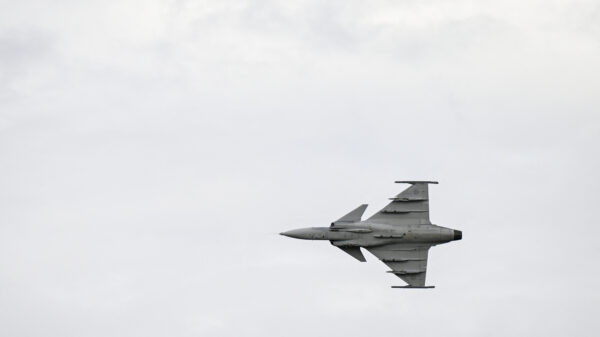BREAKING: The US Navy has just announced the cancellation of its Constellation-class frigate program, a major setback to its fleet growth ambitions. This decision, revealed by Navy Secretary John Phelan on October 17, 2023, will terminate the last four ships of the class, significantly impacting the Navy’s strategic plans.
The cancellation comes amid ongoing issues with delivery delays, design problems, and escalating costs associated with the frigate program. The Navy’s decision aims to expedite the construction of other classes of ships, a move deemed essential to address emerging global threats, particularly from China, which is rapidly expanding its naval capabilities.
In a post on X (formerly Twitter), Phelan stated that while work will continue on the two Constellation-class vessels currently under construction by Fincantieri Marinette Marine, those ships remain under review as part of a “strategic shift.” He emphasized the need to “grow the fleet faster to meet tomorrow’s threats,” highlighting the urgency of adapting to a changing global landscape.
The $22 billion program originally aimed to produce 20 frigates, which were critical to achieving the Navy’s goal of a 355-ship fleet. However, a recent Government Accountability Office report attributed delays and cost overruns to the Navy’s decision to initiate construction before finalizing the ship’s design. Lawmakers and military leaders have expressed growing concerns over these setbacks.
Phelan’s announcement reflects a broader trend within the Navy, which is currently retiring more vessels than it is building, resulting in a temporary decline in overall fleet numbers. This is particularly concerning as the Pentagon identifies China as its primary pacing challenge.
Fincantieri Marinette Marine remains optimistic, stating it believes the Navy will continue to channel work into its shipyards for future projects, including amphibious and icebreaking vessels. They expressed a commitment to maximizing their capabilities in support of new surface combatants, both manned and unmanned, that the Navy aims to field rapidly.
As the Navy pivots to this new strategy, the next steps remain unclear. Phelan asserted that maintaining a “critical workforce” among shipbuilders is a priority. He indicated that the Navy looks forward to constructing new vessels in every shipyard available.
This urgent shift in strategy underscores the Navy’s commitment to adapting to new maritime threats while addressing domestic concerns about shipbuilding and fleet readiness.
Stay tuned for further updates on this developing story as the Navy redefines its path forward.






































































